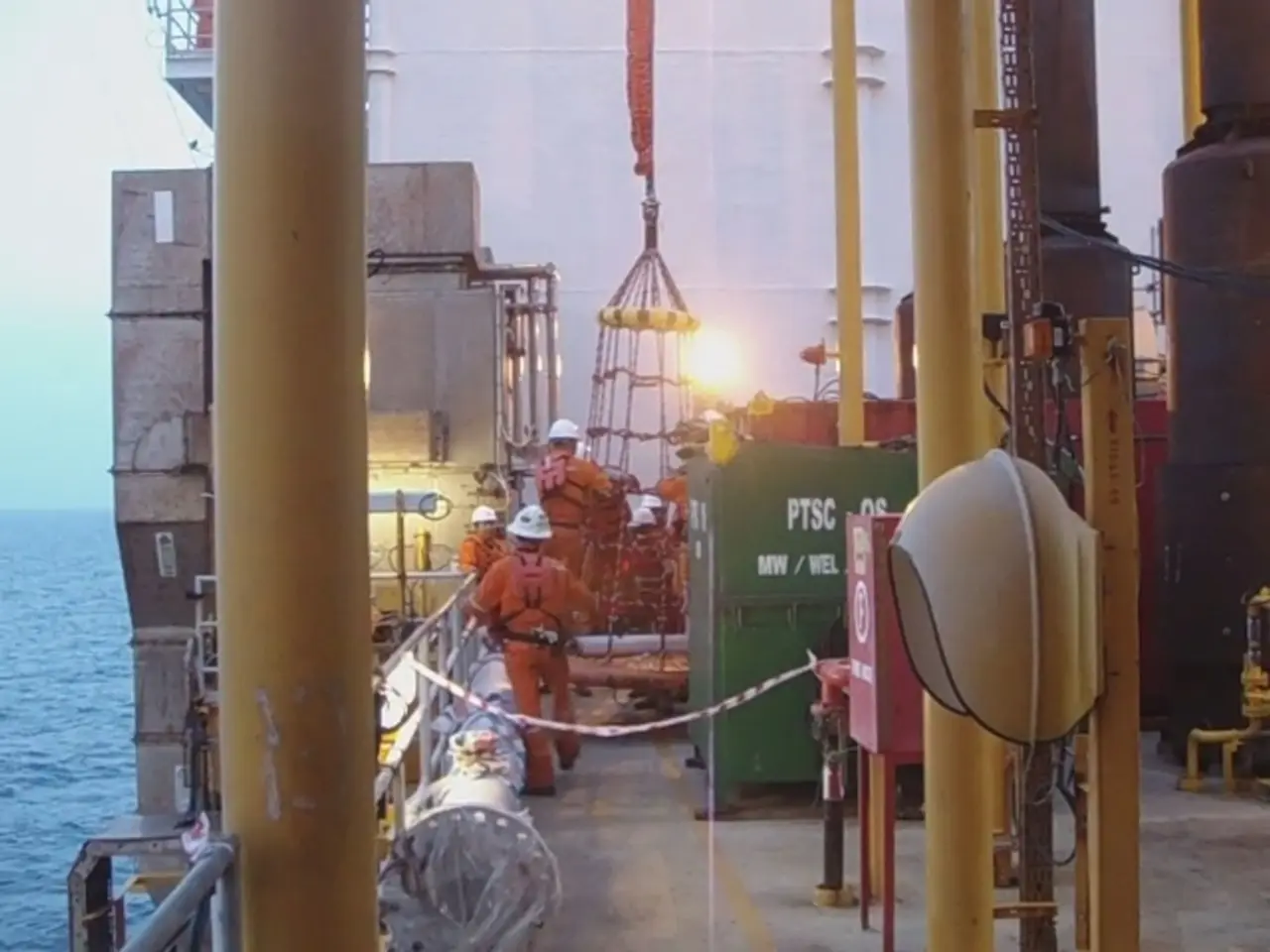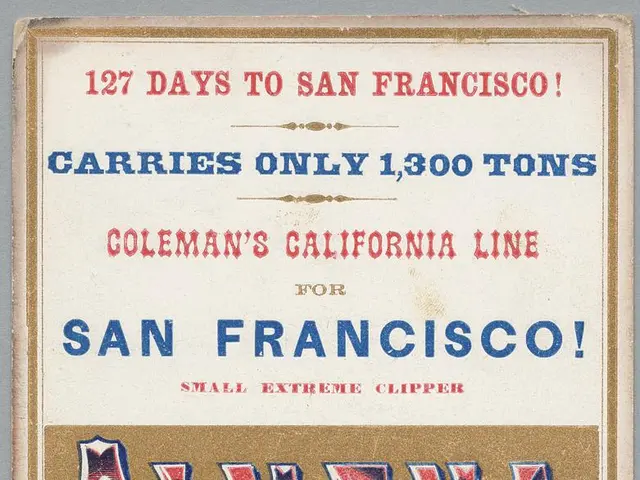Maritime Collisions and their Legal Consequences: Decoding Responsibility and Compensation Claims
In the vast expanse of the world's oceans, maritime accidents can have far-reaching consequences. These incidents, which can involve a wide range of vessels from cargo ships to fishing boats, can lead to severe legal implications, financial losses, and environmental damage.
Failure to comply with regulations can result in heavy fines, vessel detentions, or restrictions on operational licenses. The legal implications of environmental damage, particularly in maritime accidents, primarily revolve around liability for clean-up costs and damages incurred due to pollution.
The Hague-Visby Rules and the International Convention on Civil Liability for Oil Pollution Damage are crucial in this context. The Hague-Visby Rules set standardized international legal frameworks for the carriage of goods by sea, defining carrier liability and rights, which underpin global maritime trade stability. On the other hand, the Oil Pollution Convention establishes liability and compensation for environmental damage from oil spills, ensuring responsibility and remediation after maritime accidents involving pollution.
Liability in maritime accidents can be determined by factors such as negligence, unseaworthiness of vessels, and adherence to maritime regulations. The claims process for victims involves gathering evidence, determining the appropriate legal venue, filing a formal claim, and navigating litigation or negotiation. Victims may need to provide evidence supporting their claims, such as medical records and documentation of lost income, when filing a claim against the responsible party.
Compensation for damages arising from maritime accidents can include medical expenses, lost wages, and pain and suffering, as well as environmental damages like oil spills. Economic damages cover quantifiable financial losses such as medical expenses, lost wages, and property damage. Non-economic damages account for intangible losses, including pain and suffering, emotional distress, and loss of companionship. Punitive damages may be sought in cases where negligence or willful misconduct is evident, aiming to deter future misconduct.
Regulatory compliance in maritime operations is essential for ensuring safe and environmentally sound practices. Key regulatory bodies include the International Maritime Organization (IMO) and local maritime authorities. Dispute resolution in maritime accidents can involve arbitration, mediation, and litigation, with arbitration being preferred in many maritime contracts due to its confidentiality and faster resolution times.
The future of maritime liability and regulation will be shaped by technological advancements, environmental concerns, and a growing trend toward alternative dispute resolution methods. Key international conventions like the Hague-Visby Rules, the International Convention on Civil Liability for Oil Pollution Damage (CLC), the Convention on Limitation of Liability for Maritime Claims (LLMC), and the International Maritime Organization (IMO) conventions provide guidelines for regulating maritime activities and ensuring accountability.
In conclusion, understanding the legal framework, potential liabilities, and compensation processes involved in maritime accidents is crucial for all parties involved. Compliance with regulations, adherence to safety protocols, and prompt response to accidents can help mitigate the impact of maritime incidents and ensure a safer, cleaner, and more efficient maritime industry.








